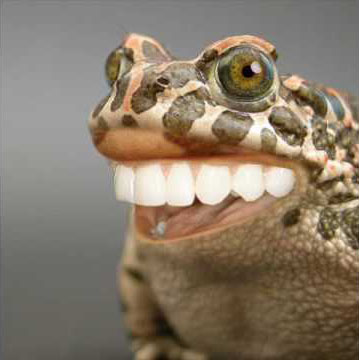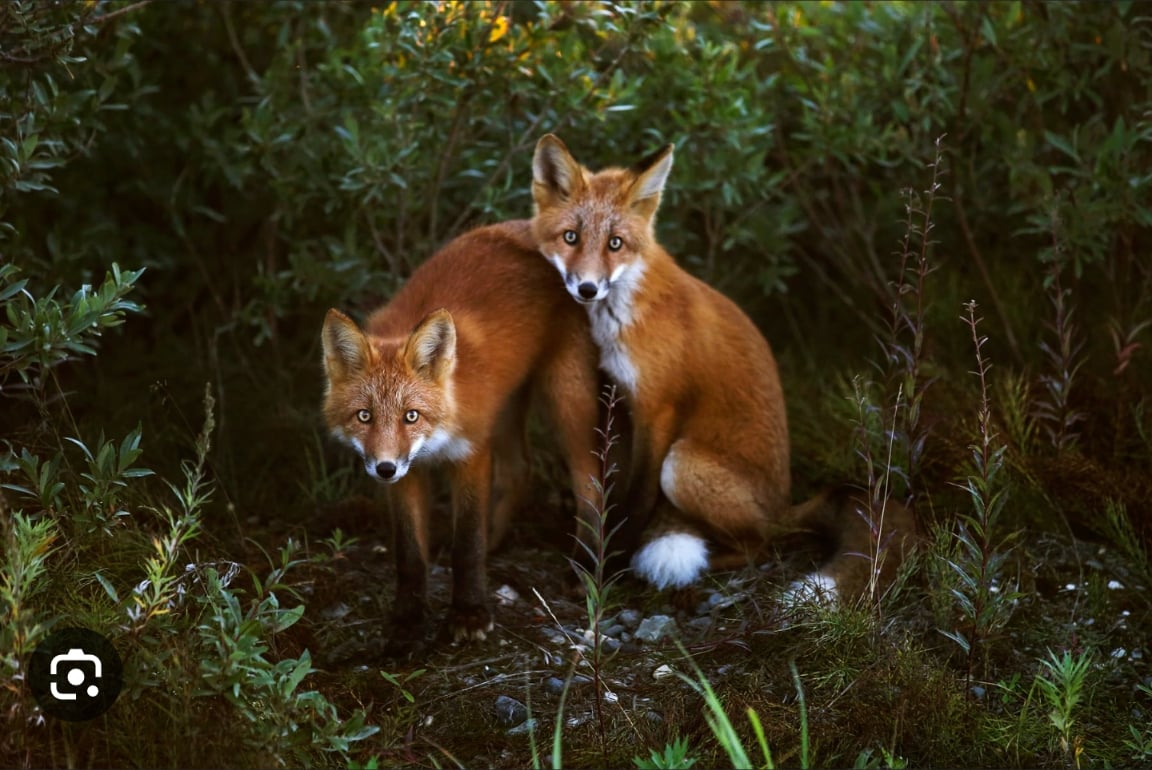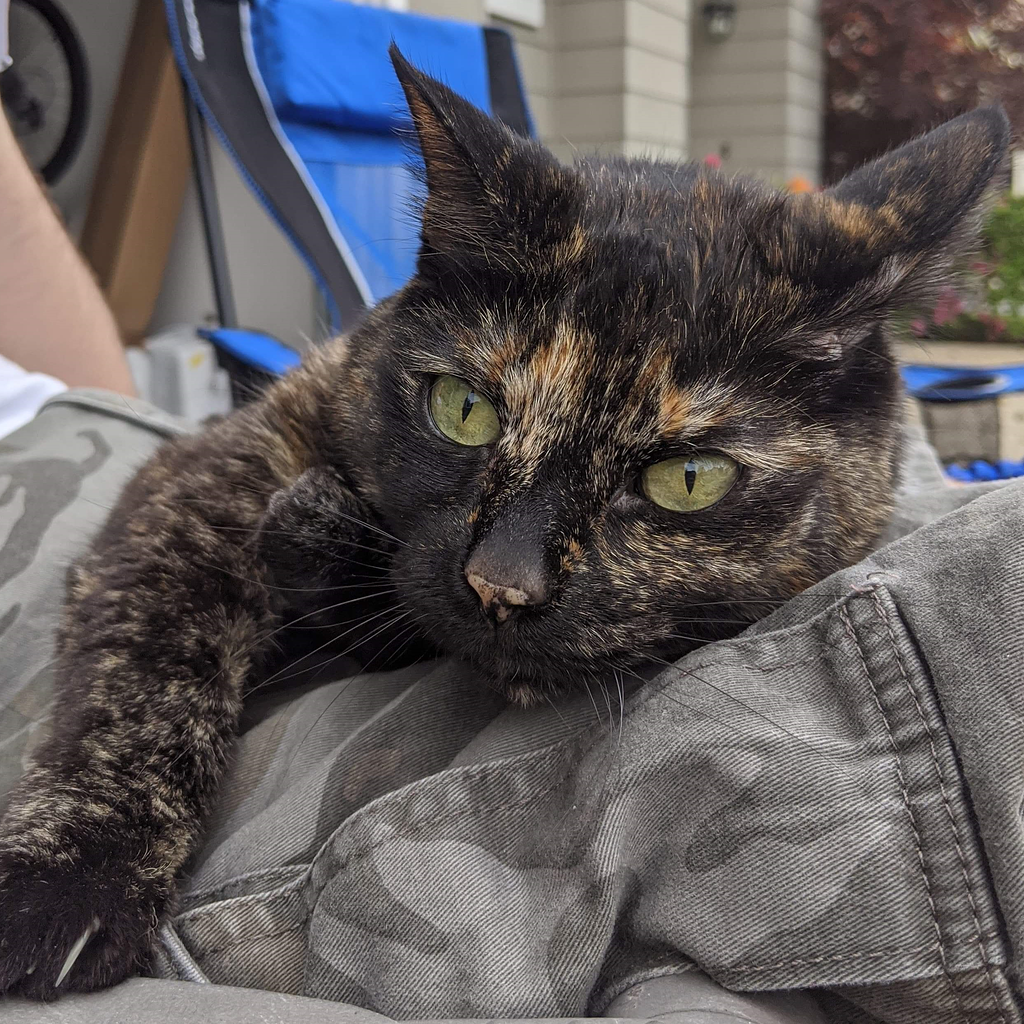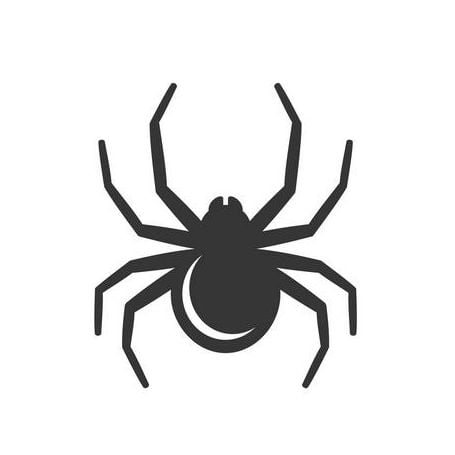

It’s time to get ill


It’s time to get ill
This is outstanding


This is indeed a gorgeous friend
Cats can have a little salami


They missed that thing on Matabele ants treating wounds on each other with antibiotics. The ants have done this for so long that they’ve evolved goo pockets to hold their ant-ibiotics https://www.uni-wuerzburg.de/en/news-and-events/news/detail/news/ant-antibiotics/


We’ve done it, everybody! We’ve got an actual Cat Facts subscriber!
This really brings home the point that every society has its responses to embarrassing falls, and they usually consist of:


That’s really incredible stuff, especially given how not-fun that part of the game was 😅


No, I figured you did a different version of the song!


Hurt by Nine Inch Nails


Please tell me they did “thorough”


It probably is still legal, but it’s not something I’ve looked for in like a decade. We do have products that use ground kernels, but those aren’t good to use on skin–the milling process doesn’t produce uniform particles and the pointy bits tend to compromise the barrier skin provides with very small tears.
I completely agree that plastic isn’t necessary for good soap, I just like it. I would definitely buy soap made with ecologically responsible plantstic at least once.
More importantly, using safer, scalable, completely biodegradable, algae-based polymers opens up so many more options for single-use products while simultaneously improving environmental quality. Farming algae and seaweeds removes a lot of contaminants from the ocean, like agricultural fertilizer and solid waste runoff. If we can truly scale up ocean farming responsibly, it’ll be its own “teal cascade” in which the benefits multiply with each step in the process.
Farming algae/seaweed doesn’t require the use of inorganic fertilizers when you grow them alongside shellfish like oysters, clams, and scallops
Increased protein production through shellfish reduces reliance on agricultural livestock for meat (which is incredibly damaging to the environment)
Algae/seaweed can replace fossil carbon in fertilizers and plastics, and reduces cattle methane emissions by 20% or more when added to their regular feed
At each step, we can take more and more petroleum out of the equation just by using methods that are better than sustainable, they actually remediate existing harm.
Plus, I get my scrubby soap back.


I cannot possibly be the only person who misses the soap with the plastic bits in it. If they could do that without the environmental damage (I’m looking at you, Great Lakes ecosystem), I’d be into it


Fuck that, I love all the disturbing pics you post! Peak AI weirdness and I am here for it.


I feel like I’ve been graced with His Noodly Appendage!


Part of me agrees with you; part of me is yelling, “Yeah? Many? Name five!” (Admittedly, that’s the American part and it’s kind of an asshole.)


I feel like IT could yell at OP for a little bit, but would ultimately have to stare the fact that they allowed non-privileged users to just change the operating system square in the face. Like holy hell, 500 employees and anybody can just be like, “Hey, maybe I’ll make a major OS change today because why not?” What else are they letting happen?!


Carl looks like such a bro. 🤜🤛
Truly the happiest place on Earth!
I’m not familiar with quilette, but there was a great Washington Post op-ed that broke down exactly why trying to recycle plastic is a bad idea. Here’s a link to it, no paywall: https://wapo.st/3VRnTNl
1.) Plastic breaks down into micro- and nanoplastic particles and get inhaled or consumed by everybody, and we’re just starting to understand how these bits affect our health (like increased systemic inflammation). Recycling facilities breaking down used plastic release untold amounts of plastic bits into their surrounding environments.
2.) “Recycling” old plastic into usable material requires the addition of a LOT of brand new, never-recycled plastic. It’s not a process where you put in used plastics and get some amount of usable plastic out, recycled plastic is like 30% old plastic and 70% new plastic to hold it all together. This is a process we’ve been trying to optimize for 50 years, and the improvements are negligible.
3.) The recycled plastic we get out of it isn’t safe to use for food and drink. (Have you seen those 20 oz. Coke bottles that say “I’m 100% recycled!”? Don’t drink those.) Nobody’s laying down the law and saying they can’t do that, and it’ll be a long time before anyone overcomes the social inertia and corporate lobbyists to stop that from happening.
Plastics are for landfills. I feel like such a piece of shit every time I throw another piece of plastic in the trash, but it’s the option that’s safest for everybody. (I feel like the French climatologist in Project Hail Mary every time.) Recycling isn’t a goal that will help; we need to adapt and reduce how much plastic we use.